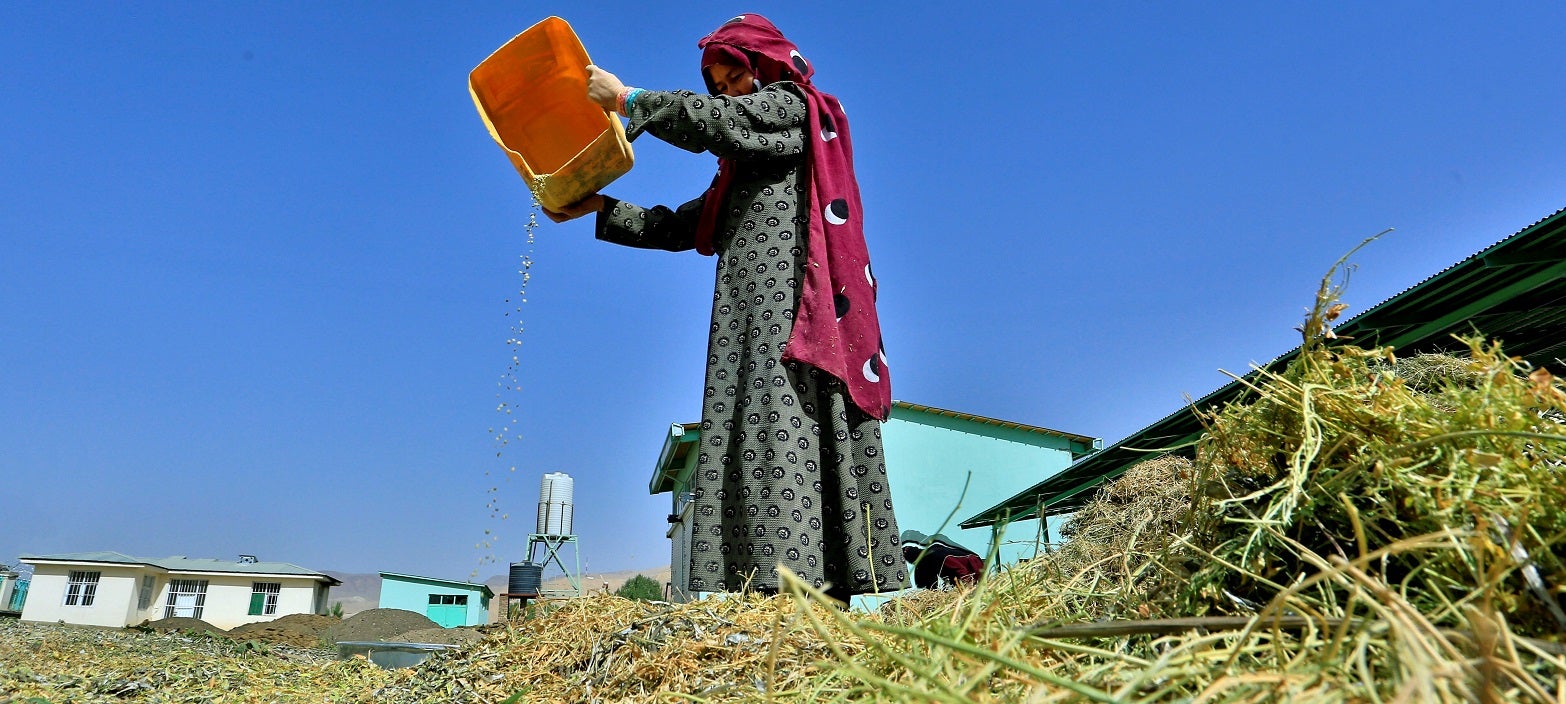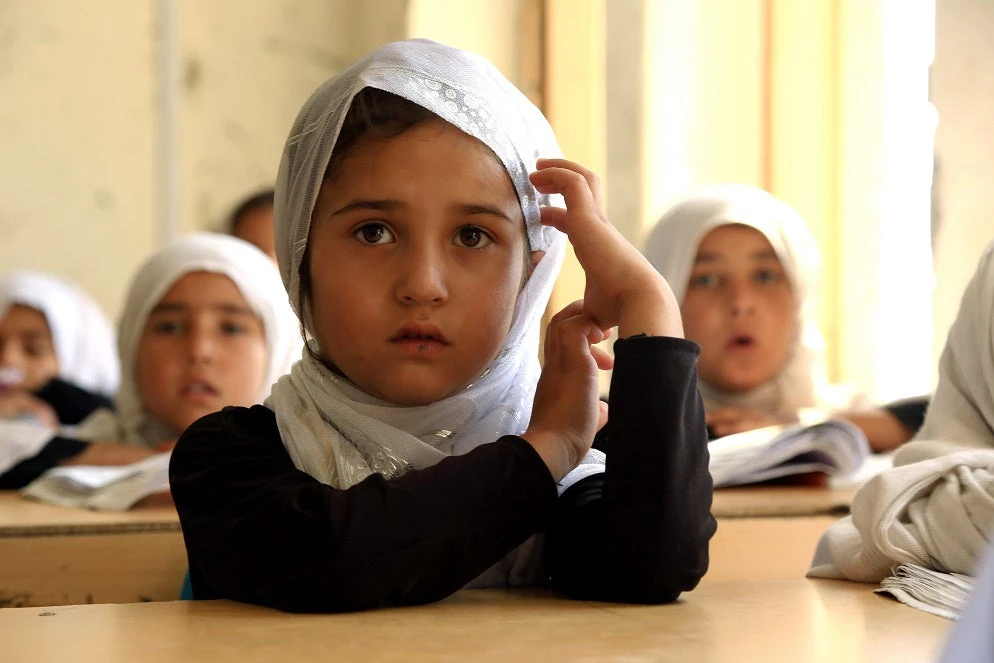 الصورة: رومي للاستشارات / البنك الدولي
الصورة: رومي للاستشارات / البنك الدولي
In May 2002, then World Bank Group President James Wolfensohn reopened the World Bank office in Kabul after a 23-year hiatus. Our work resumed immediately to meet the needs of the poorest Afghans and help the battered nation rebuild its institutions and deliver public services to its citizens.
Afghanistan has come a long way since then, driving some of the fastest progress in the world against key development outcomes, including reduced infant mortality, improved education enrolment, and expanded access to electricity.
Without the support of the international community, none of this would have been possible. Yet, the achievements Afghanistan has made are fragile, and continued aid is vital to sustain progress and protect hard-won development gains.
Next week, donors will have an opportunity to pledge future support—current aid levels expire at the end of 2020—and reaffirm their commitment to the Afghan people at the Afghanistan 2020 conference in Geneva. The event comes at a critical time as ongoing peace negotiations between the Afghan government and the Taliban offer hope for peace.
But reaching a political settlement provides no guarantee of ending conflict. International evidence shows that peace is more likely to hold in the context of a growing economy, reliable public services, strong governance, and institutions.
For Afghanistan, which depends on foreign aid to finance 75 percent of its public spending, continued international support can help ensure that the new economic and development opportunities arising from a political settlement can be fully realized.
"World Bank analysis shows that stable or slightly declining support over the medium-term can help Afghanistan accelerate its growth, maintain development outcomes, and make real progress towards self-sufficiency."
World Bank analysis shows that stable or slightly declining support over the medium-term can help Afghanistan accelerate its growth, maintain development outcomes, and make real progress towards self-sufficiency. Conversely, any precipitous cutback in grant support will lead to a collapse in public services, economic activity, and living standards—and further fuel instability.
The Afghan economy is expected to shrink by more than five percent in 2020. Businesses are struggling amid lockdowns and border closures, with more than one-third of businesses laying off staff. The human impact has been severe, with higher unemployment, reduced remittances, and higher prices for essential household goods. A majority of Afghans may now not have enough income to meet their basic needs.
In these challenging times, we are determined to continue working with the Afghan government and our partners to help the people of Afghanistan secure a better future.
In that effort, the Afghanistan Reconstruction Trust Fund (ARTF), which unites a 34-member partnership of international donors with the World Bank as its executing agency, is uniquely positioned to deliver the kind of programs to get Afghanistan's economy back on its feet and sustain peace.
ARTF programs provide access to vital services, generate economic opportunities in urban and rural areas, build the infrastructure on which the economy depends, and strengthen the institutions on which society relies.
Since 2002, ARTF has played a consistent role in delivering results by channeling donor funds to sustainably strengthen the Afghan government systems and capacity, ensure development impact, and carefully manage corruption and governance risks.
More than eight million more Afghan children are now in school. Maternal mortality rates declined from 1,100 per 100,000 live births in 2000 to 396 per 100,000 live births in 2015.
More than a quarter of parliamentary seats are held by women, higher than the average for low-income countries.
Our support does not end there, as ARTF complements other aid channels such as the International Development Association (IDA), the World Bank Group's fund for the poorest countries. The Bank supports an IDA portfolio with a net commitment of over $2.3 billion on top of nearly $2.5 billion committed to ARTF projects.
Both IDA and ARTF have responded boldly and flexibly to the COVID-19 emergency by rapidly mobilizing and redeploying program resources for immediate relief and helping Afghans cushion the economic impact of the pandemic. For example, the $280 million Relief to Afghan Communities and Households grant—co-financed by IDA and ARTF—supports almost 2.9 million Afghan households to purchase food and sanitation packages or access cash grants. Yet, much more is needed to mitigate the impacts of COVID-19 and chart a path toward a more resilient Afghanistan.
To that end, next week's conference will be a critical moment to support the promise of peace and prosperity in Afghanistan. I hope the international community seizes this opportunity to stand by the Afghan people to ensure that the impressive and hard-won development gains of the past 20 years are not lost.



Join the Conversation